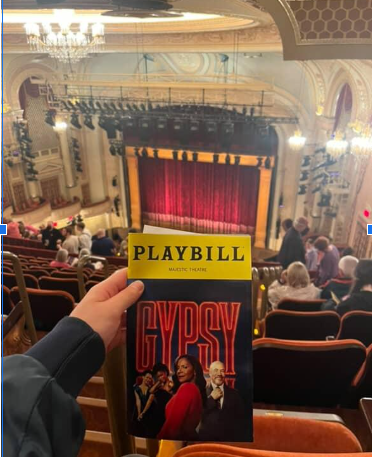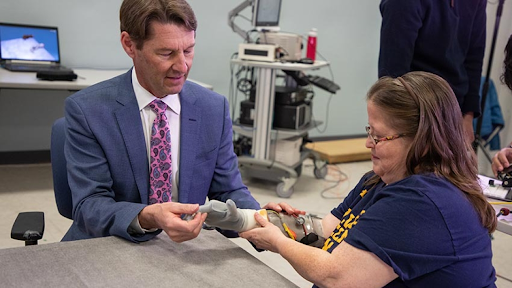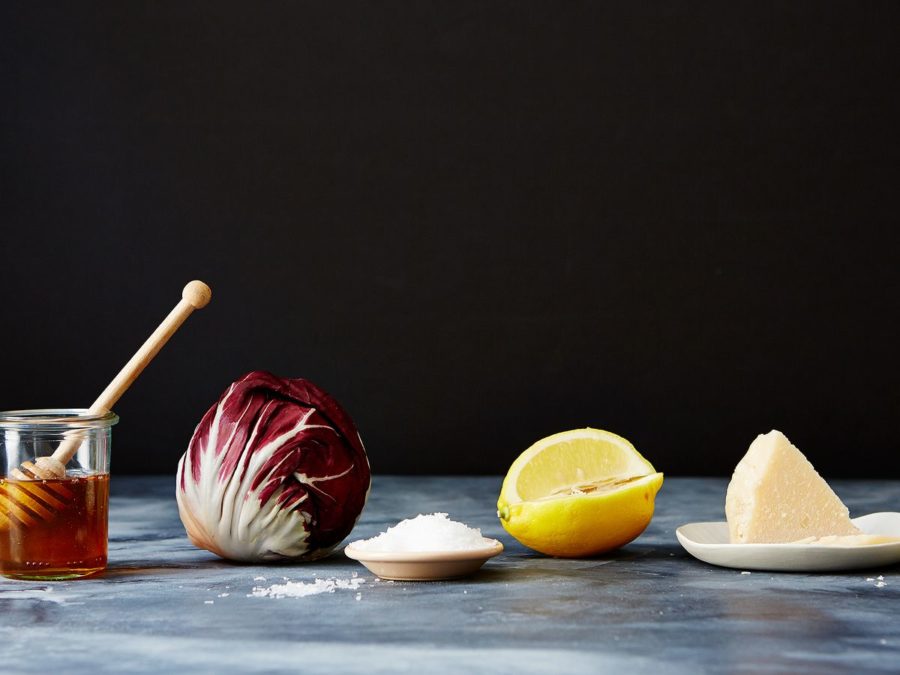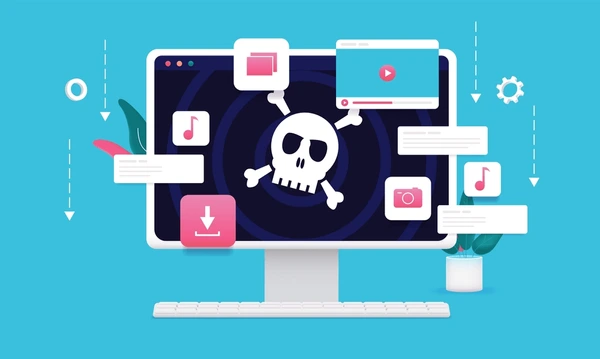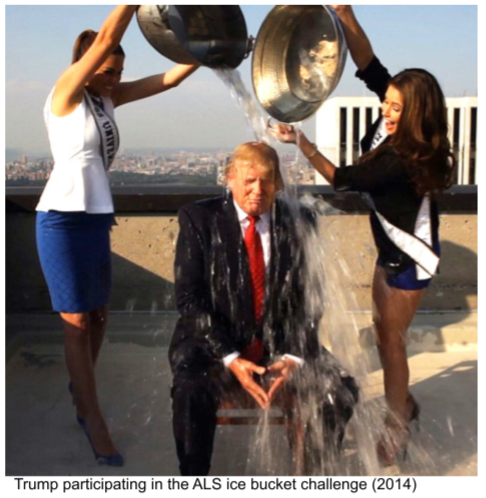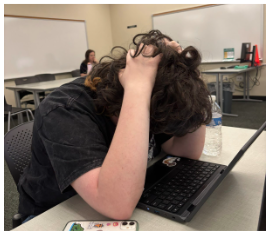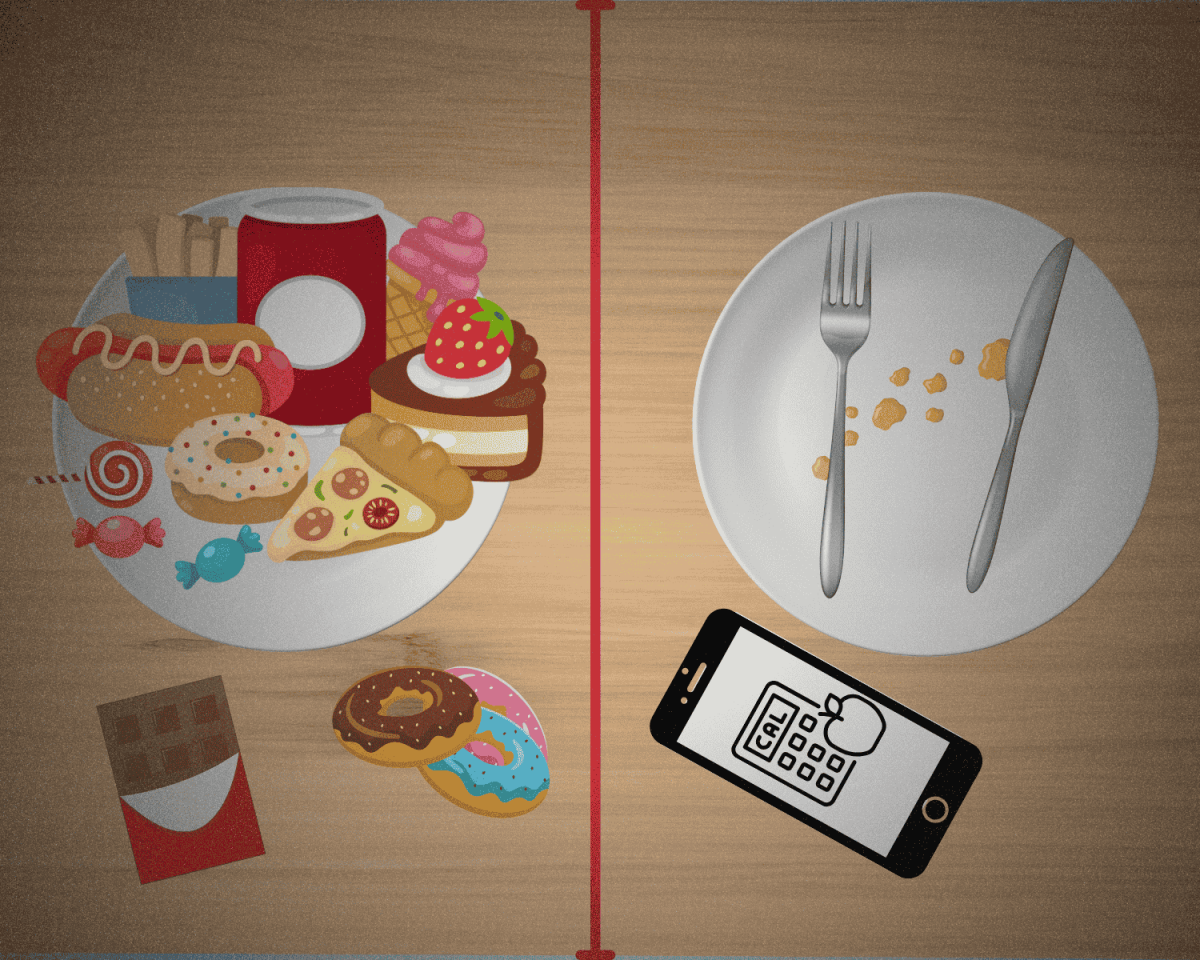On average, women spend about twenty dollars every month on buying feminine products for feminine. That is around $18,000 in their lifetime on period products. Spending this much money on products women need is an immense cost overtime, and can cause trouble to those who don’t have the access to these products that are necessities.
The high cost of these products have produced more problems that many others don’t think about, or know that they’re problems. There are an immense amount of homeless women in the world who don’t have access to these products, whether it’s because of them being unable to afford it, or they just don’t have access at all. “Globally, more than 500 million women, girls, and others who experience a menstrual cycle do not have suitable access to menstrual hygiene management” (National Library of Medicine). Along with this, they add that the number has most definitely risen since the COVID-19 pandemic.
After being told this, people tend to ask, “But don’t shelters provide these products to people who need them?” The answer to this is technically yes, but many shelters struggle with providing them due to the fact that there is much less supply than demand. Which leaves many women without these products. This leads to them either using unsanitary alternatives, not being able to use them all together, or overusing one product and creating serious health issues to some women.
“The over-use of pads and tampons can lead to the deadly toxic shock syndrome, or wreak havoc with the buildup of bacteria.” states Kim from the National Organization for Women. This statement really emphasizes part of the seriousness of this issue. Even low quality products don’t do very much good. Even if they have a low price, that usually means they are not made of good material which could potentially be harmful.
Another important point of this is the fact that these products are necessities and not a luxury. Why is this?
Women do not choose to have periods, as annoying as they are, these products are needed for our bodies. Farid Huma writes in Harvard Health that “menstruating is a basic fact of human existence. Menstrual hygiene products are necessities, not luxuries, and should be treated as such.” Women should not have to worry about being able to afford products they need to stay hygienic month-to-month. Food stamps and other similar things unfortunately do not cover these types of products, so paying for them is coming out of these people’s pockets when they’re barely able to afford them.
Some debate that people can just use reusable products such as but not limited to menstrual cups, reusable pads, period underwear, etc. Some reasons for this are because they are claimed by some to be easier to use, able to be reused many times, better for the environment, better cost overtime, and more.
But really, this isn’t always the best option. These products can sometimes be unsanitary.
Having the needed amount of these products, making sure people are able to use them and change them properly, and making sure they are able to have better sanitary conditions is much more important than some think, or even know.
Problems with unsanitary products can become bigger issues, with creating bad bacteria that could lead to Toxic Shock Syndrome or TSS which could be deadly. Supporting my argument, Dr. Newlin from The Cleveland Health Clinic explains “Using reusable tampons may put you at higher risk for TSS. “Most over-the-counter tampons that you’d buy in a drugstore are treated with certain things that help prevent that bacterial growth.” Even though the risk is never zero, using one use products has a less risk of giving you TSS and other bacterial diseases as long as changed properly and when needed.
Many people are not aware of these issues which is partially why more attention is not brought to this, but needs to be.
Works Cited
“Are Reusable Tampons Safe?” Cleveland Clinic Health Essentials, 7 December 2022, https://health.clevelandclinic.org/are-reusable-tampons-safe. Accessed 26 February 2024.
Farid, Huma. “Period equity: What it is and why it matters.” Harvard Health, 1 June 2021, https://www.health.harvard.edu/blog/period-equity-what-is-it-why-does-it-matter-202106012473. Accessed 26 February 2024.
“Menstrual health: a neglected public health problem – PMC.” NCBI, 11 November 2022, https://www.ncbi.nlm.nih.gov/pmc/articles/PMC9903918/. Accessed 26 February 2024.
Williams, Chloe. “Female Homelessness and Period Poverty.” National Organization for Women, 22 January 2021, https://now.org/blog/female-homelessness-and-period-poverty/. Accessed 26 February 2024.






